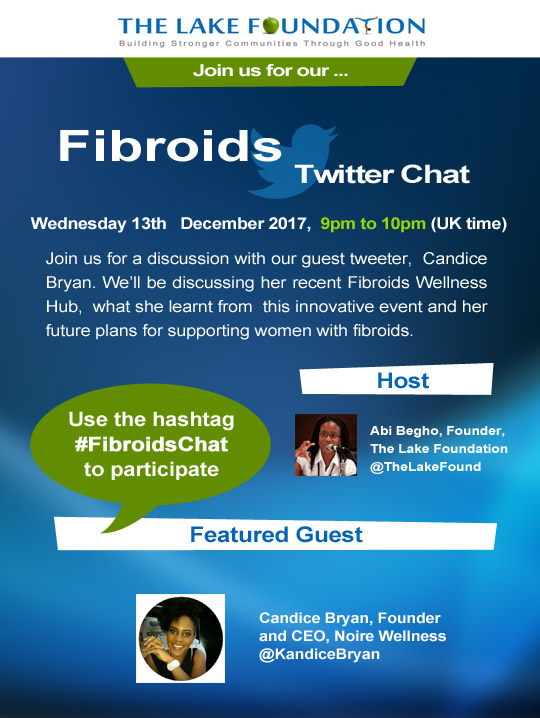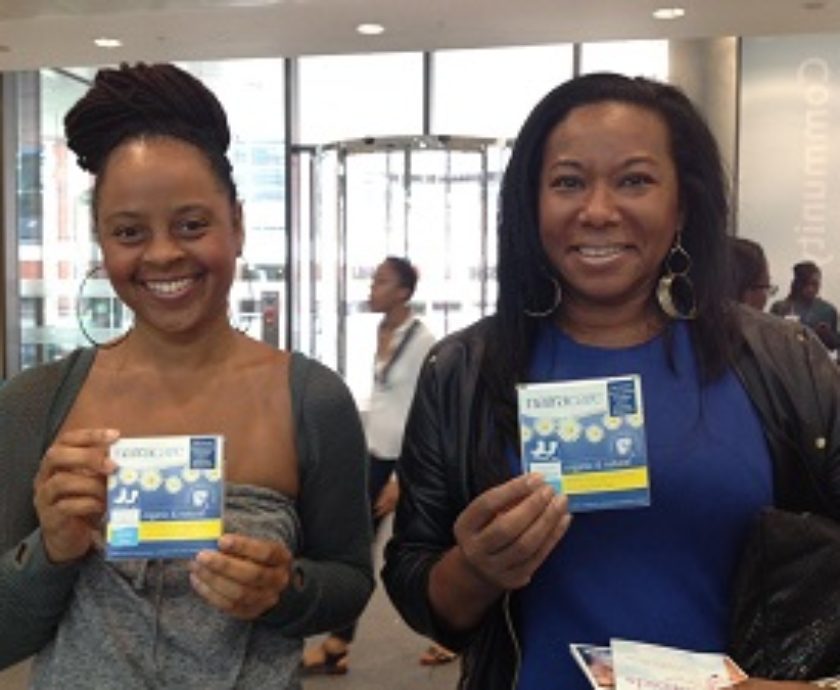Friday 1st December was World AIDS Day and this year’s theme was: ‘My health, my right’
This theme recognises the fact that many people living with HIV are denied their right to health. Their right to health includes access to good quality health services and medications and being treated with dignity and respect.
It was a particularly good day for the Caribbean as Anguilla, Antigua and Barbuda, Bermuda, the Cayman Islands, Montserrat and St Kitts and Nevis were certified by the World Health Organisation as having eliminated mother-to-child transmission of HIV and syphilis. This follows the success of the Caribbean nation Cuba, in 2015, who became the first country in the world to achieve WHO certification for the elimination of mother-to-child transmission of HIV and syphilis.
This is fantastic news for the Caribbean where HIV is a significant public health challenge with 310,000 people living with HIV. In 2007, it was estimated that 6,400 children in the region were infected with HIV, most of these through mother-to-child transmission. Children who are infected with HIV have a challenging start to life facing a life-time of medication, stigma, ill-health and possibly a shortened life span. With all this in mind, in 2010 the Regional Initiative for the Elimination of Mother-to-Child Transmission of HIV and Congenital Syphilis in Latin America and the Caribbean was launched.
This initiative is coordinated by the Pan-American Health Organisation and the United Nations Children Fund and its aim, at the time, was to eliminate mother-to-child transmission of HIV and congenital syphilis in all Caribbean countries and territories by 2015 and to reduce the transmission rate to 2%. Whilst only one country, Cuba, made the 2015 deadline and the transmission rate is above 2% (it’s now 9%, 52% less than in 2010) great progress has been made: since 2010 new infections in children have been reduced in the region by 52% and 74% of pregnant women with HIV now have access to anti-retroviral drugs which significantly reduces chances of passing on the virus to their children during pregnancy or breastfeeding.
The Caribbean should be very proud as it is ahead of the rest of the world and we hope that other Caribbean countries will follow the example set by these six Caribbean nations and put policies and procedures in place to eliminate the transmission of HIV from mother to child. This is very important in giving all children the best start in life and is a key step in the prevention HIV/AIDS in the Caribbean.
For more information on this work you can download the document below, visit UNAIDS’ website here or watch the short video below.












